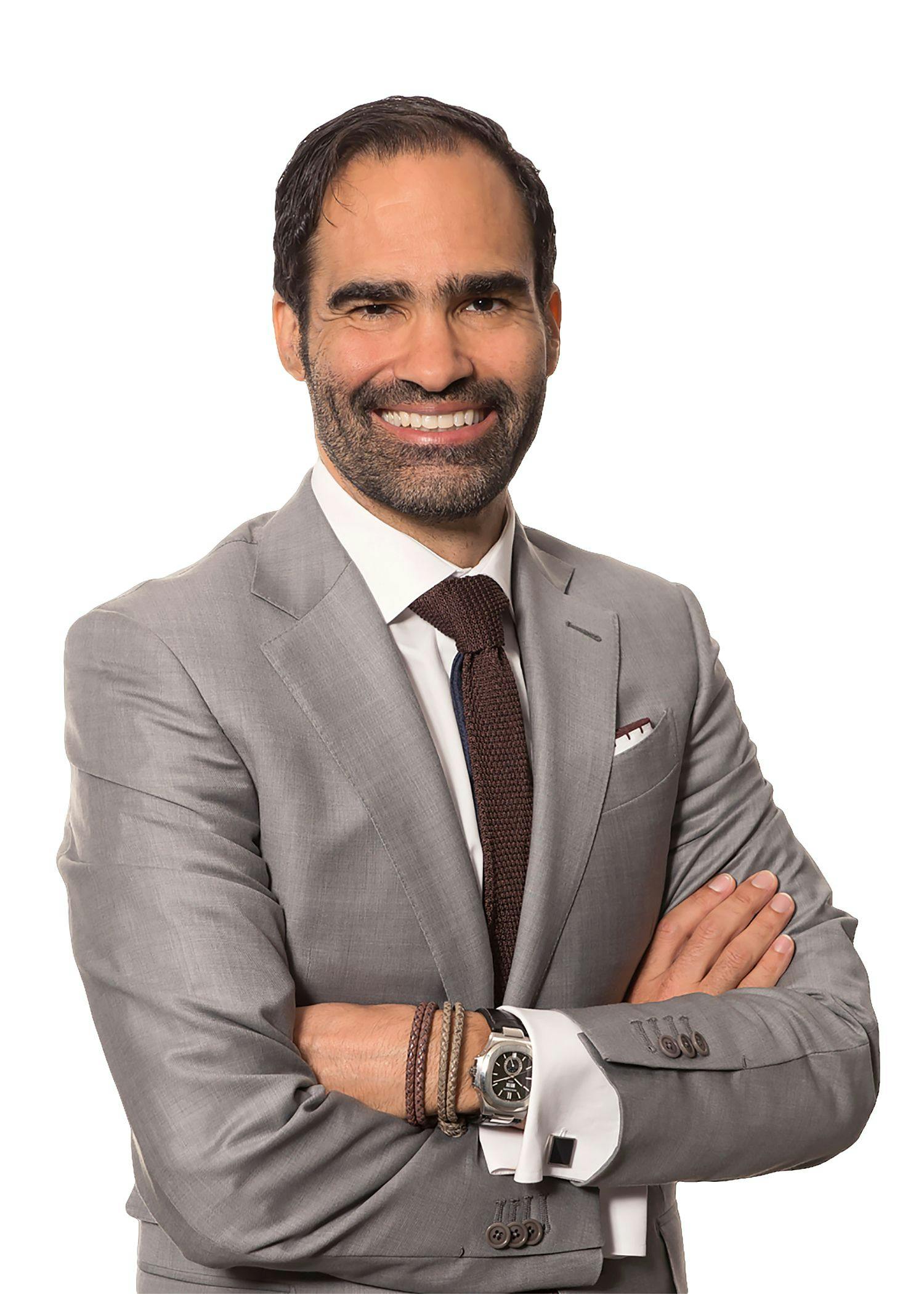Web3 is a decentralized version of the internet. This has profound implications that most brands and managers are still underestimating. As many brands are racing to launch their own metaverse initiatives, it’s critical not to lose sight of what a decentralized internet really means.
In Web2, the current iteration of the internet, brands “own” their domain sites and customers can freely access their content, stores, and offerings. Web3 is fundamentally different. It’s a closed environment where soon very few gatekeepers (Apple, Meta, Microsoft) will “own” the customers who are on their platforms.
For brands this means that they will have to play by the rules of the gatekeepers (and pay handsomely for access) or create their own gateways, for example through decentralized client communities via DAOs.
The dilemma: the current savoir-faire of luxury brands is mainly in craftsmanship; the savoir-faire of building a relevant Web3 community that attracts clients is completely different.
Instead of focusing on experimentation and losing resources, money, and time on creating endless practically undifferentiated NFT projects, brands should strategize about what a closed internet means for their future. The question is: how will customer access happen in five to ten years, when the cost and complexity of accessing customers will skyrocket?
We are at the very beginning of Web3, however the large players in the field are already investing unprecedented sums in shoring up their position in this new reality. The unprecedented scale of the Activision acquisition through Microsoft is a first indicator of what is happening. Brands need to return to strategy instead of short-term vanity.
And in a world that is more noisy and complex than ever before and where customer access is increasingly challenging, getting the basics right is indispensable.
In a recent brand audit for a large luxury fashion brand, I interviewed all key stakeholders and asked, “What is the key message of your brand?” I got at least 5 pages of bullet-point answers. In other words: if there are 20, 30, or even more messages about the brand, then, frankly, there is no message.
In another example, I spoke with the customer-facing staff of a different luxury brand and the people who interact with their top clientele told me bluntly that they believe that the brand positioning is just marketing blah blah. Issues like these are not the exception, but the rule.
However when brands have too many messages and when the salespeople don’t reiterate the brand story because they don’t believe in it, then no customer will have any idea what the brand is about. Years ago, brands could get away with it because they had less competition and easy customer access.
In today‘s world these shortcomings can be catastrophic, in a Web3 environment they will be deadly. Luxury brands need to separate noise (i.e. FOMO) from strategy and start answering the real questions. This also means to get real, not to sugarcoat any internal weaknesses, but to be brutally honest and address them. Then there can be a bright future.
This is an op-ed article that reflects the views of the author and does not necessarily represent the views of Jing Daily.
Named one of the “Global Top Five Luxury Key Opinion Leaders to Watch,” Daniel Langer is the CEO of the luxury, lifestyle and consumer brand strategy firm Équité, and the executive professor of luxury strategy and pricing at Pepperdine University in Malibu, California. He consults many of the leading luxury brands in the world, is the author of several best-selling luxury management books, a global keynote speaker, and holds luxury masterclasses on the future of luxury, disruption, and the luxury metaverse in Europe, the USA, and Asia. Follow @drlanger


